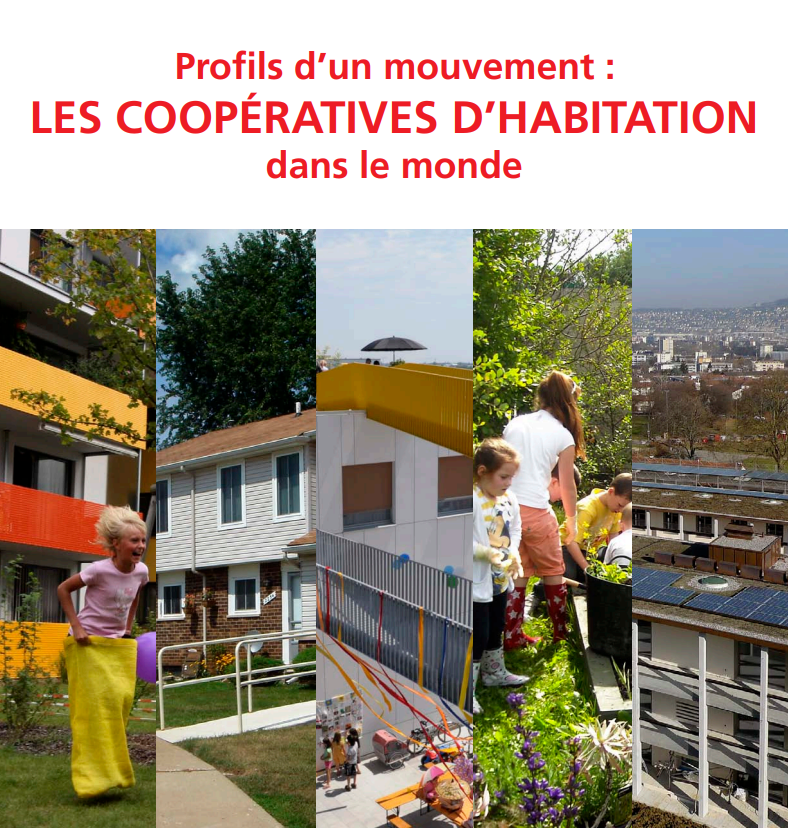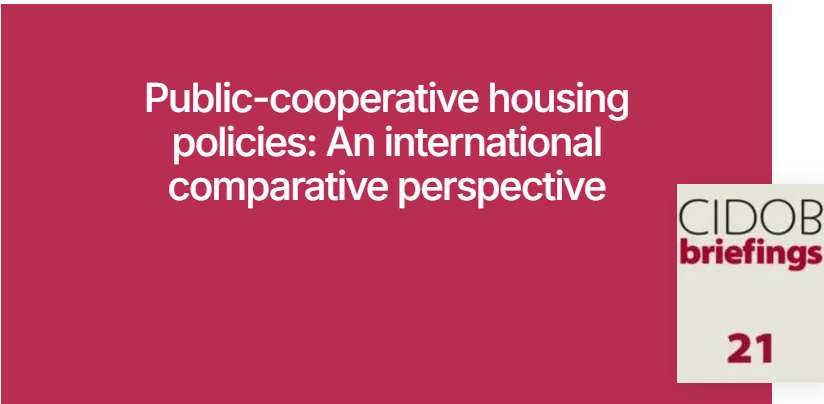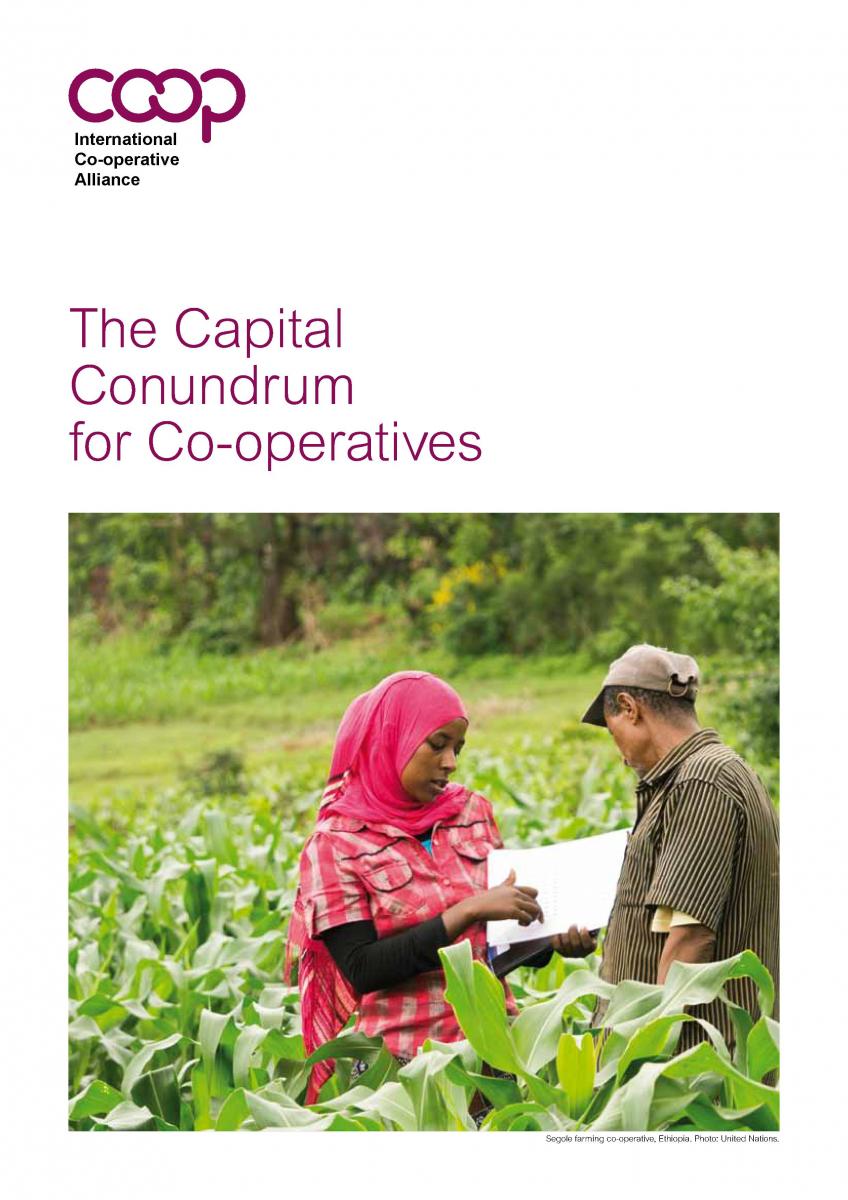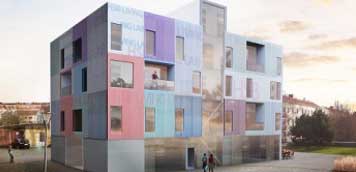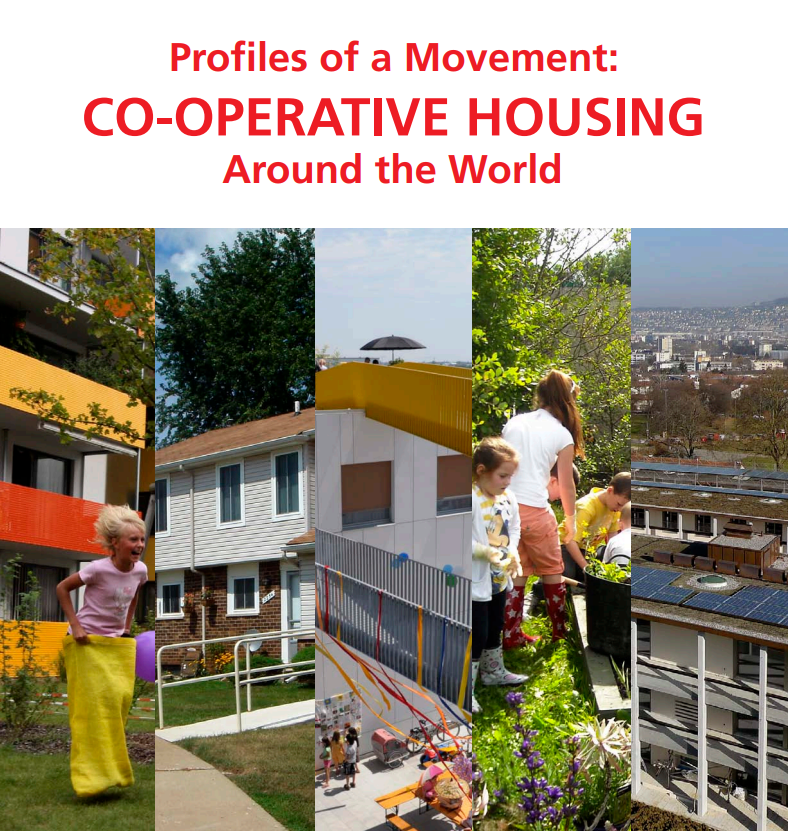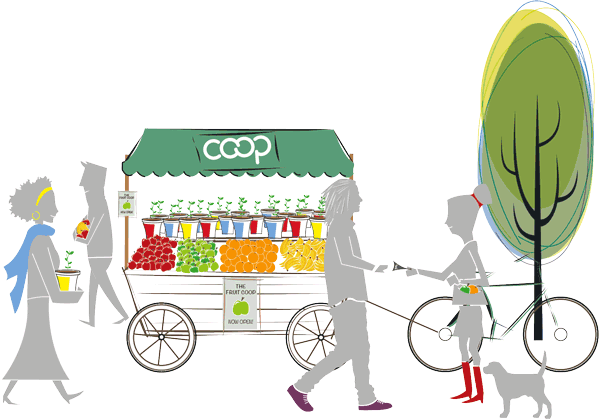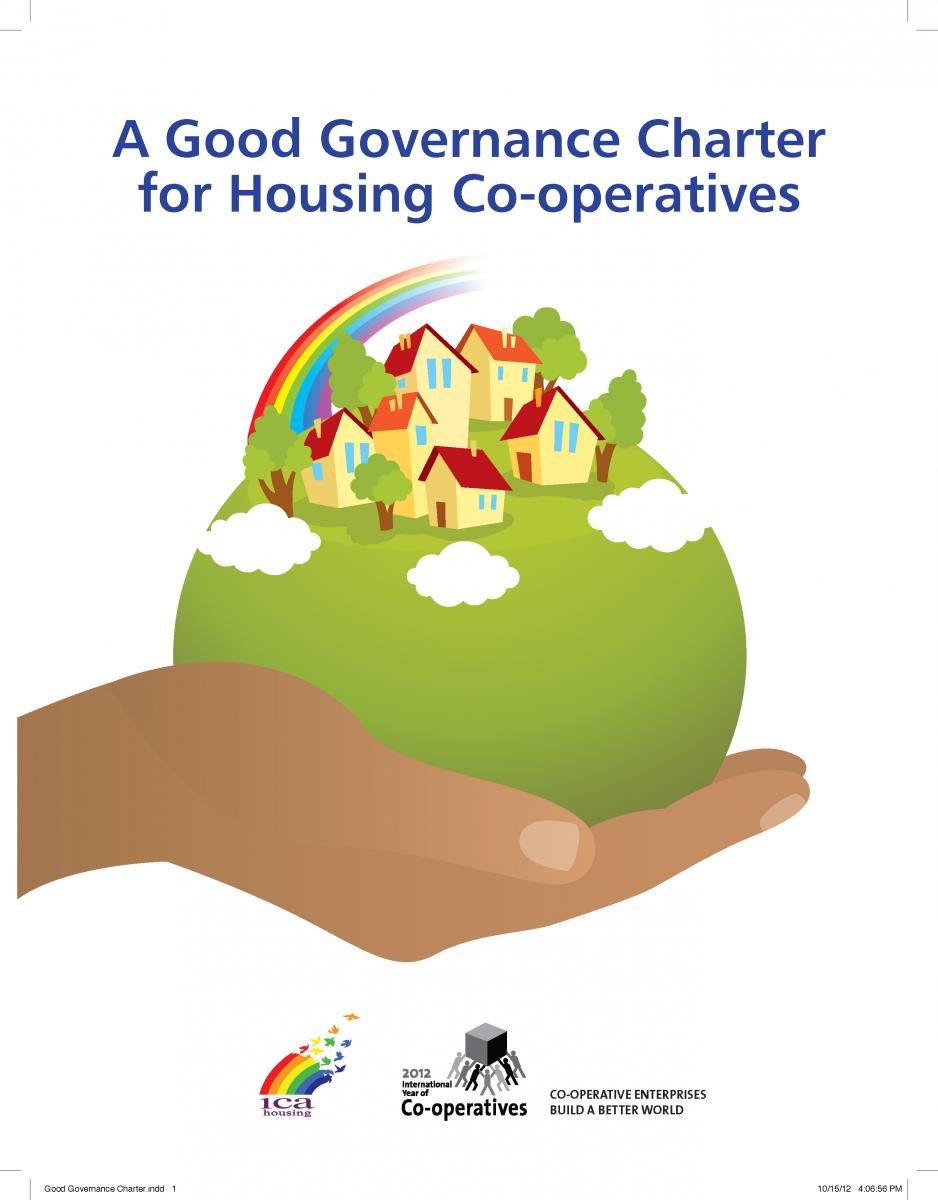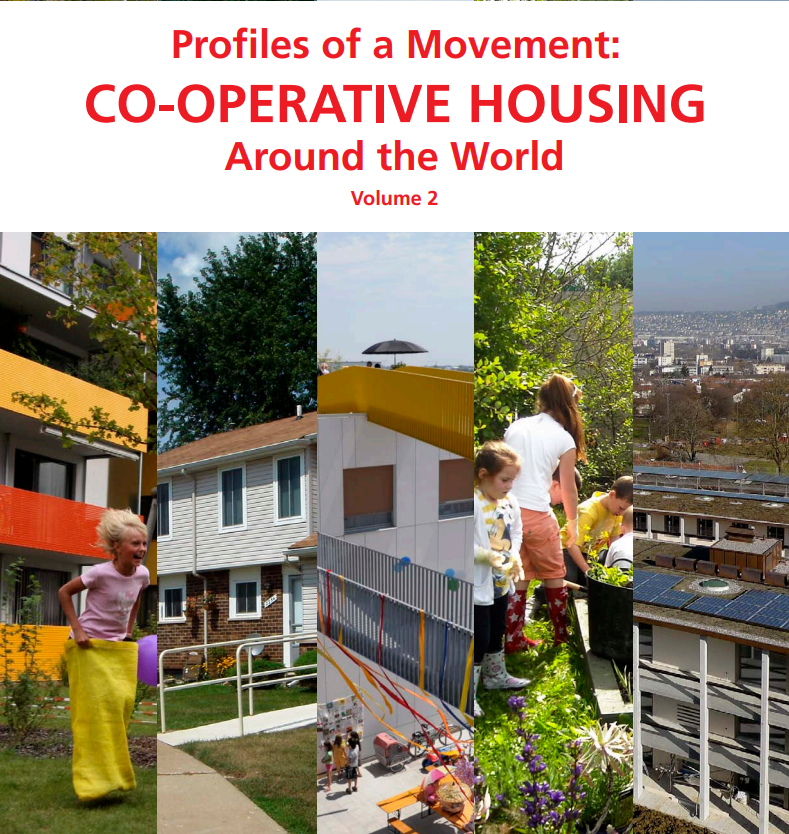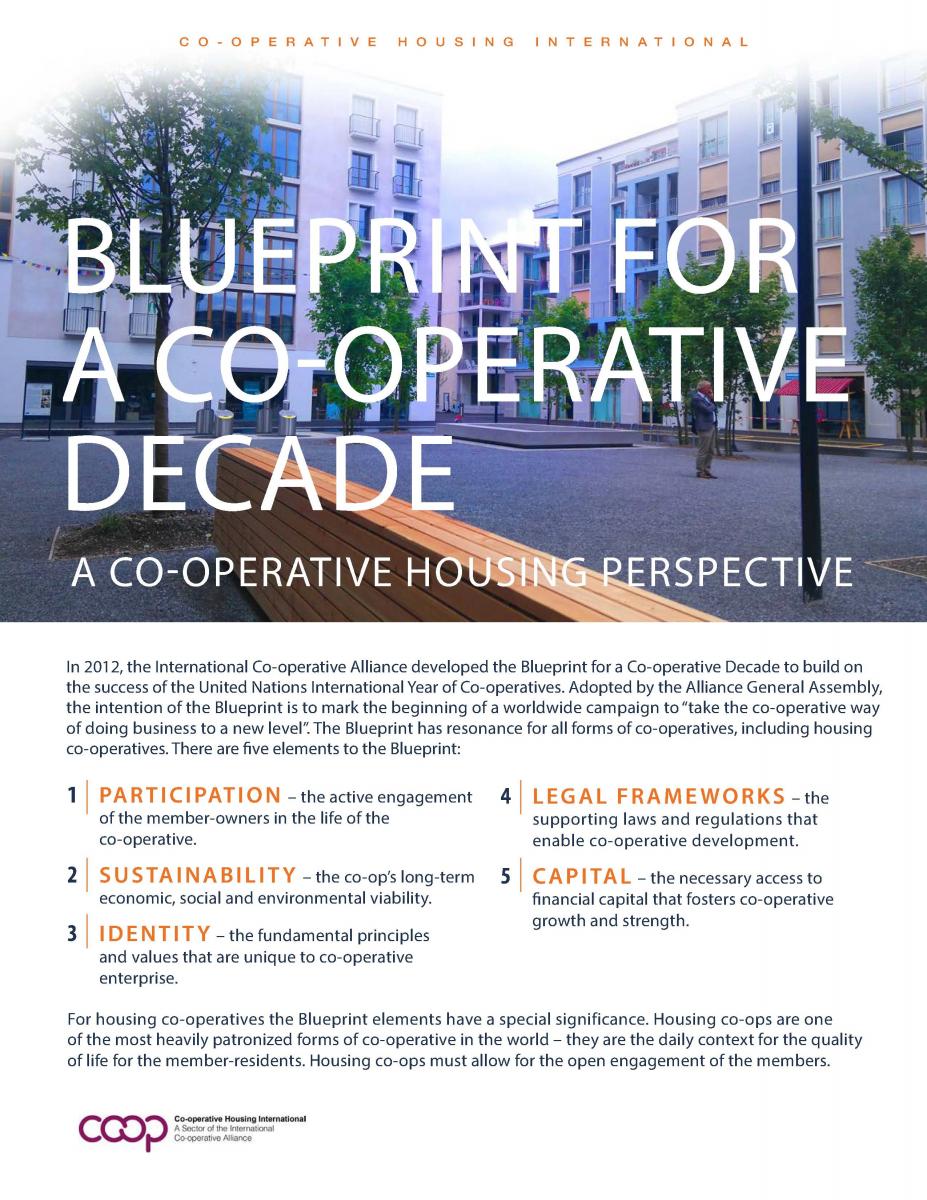About Portugal
Cooperative Housing in Portugal: A Historical and Contemporary Overview
Cooperative housing in Portugal has a complex and evolving history, shaped by political regimes, economic shifts, and housing needs. From the late 19th century to today, housing cooperatives have grown from a marginal presence to a key alternative to the market-driven housing sector, offering more affordable and community-oriented solutions.
Historical Background: Foundations and Obstacles
At the end of the 19th century, Portugal faced serious housing problems due to rapid urban expansion and deteriorating living conditions. Though the Commercial Code of 1867 recognized cooperatives, the first housing cooperative did not emerge until after World War II.
Throughout the First Republic (1910–1926) and Military Dictatorship (1926–1932), liberal economic policies and the prioritization of property owner interests meant that housing needs were largely ignored. Government efforts were limited and ineffective, resulting in widespread slum development.
Estado Novo Period: Authoritarianism and Minimal Reform
During the Estado Novo regime (1933–1974), the state took a more active role in housing through a low-cost housing program and financial incentives. However, the focus remained on single-family homes. Collective housing—and by extension, housing cooperatives—were considered ideologically incompatible with the regime’s authoritarian principles.
Despite these constraints, the first housing cooperatives appeared in Lisbon and Porto. These were informal associations with limited rules, no state support, and high financial barriers, making them inaccessible to low-income families. By 1974, only 8,000 units—just 1% of annual construction—had been built through cooperatives.
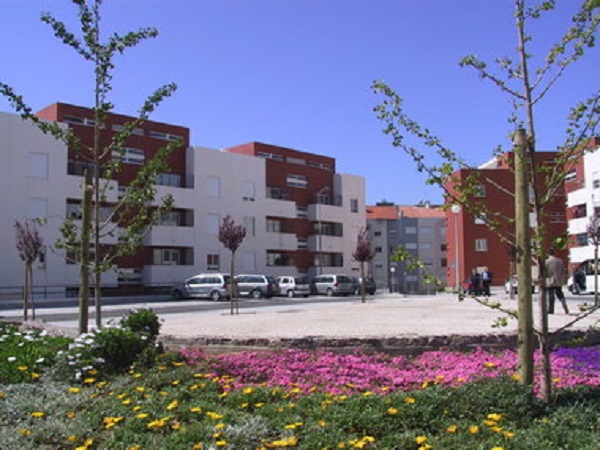
NHC Alfragide, Amadora, Portugal
Democratic Transition: A Turning Point
After the 1974 revolution, the democratic government recognized the urgency of the housing crisis. Two key legislative measures were enacted:
- DL 730–74: Established the framework for Co-operativas de Habitação Económica (CHE), enforcing democratic governance, political neutrality, and open membership.
- DL 734–A74: Introduced financial support mechanisms, including tax exemptions, subsidized loans, and land provision.
Municipalities played a critical role by contributing land, and interest rates—despite being high—did not deter rapid growth. From 1976 to 1979, housing cooperatives built around 2,600 units annually.
SAAL and the Cooperative Movement
The Serviço de Apoio Ambulatório Local (SAAL) brought together citizens and experts to influence housing policy, significantly contributing to the expansion of cooperative housing in Portugal.
Institutionalization and Expansion
To coordinate this growing movement, SENACHE was founded in 1979, later replaced by FENACHE in 1980. Regional unions also formed to organize larger projects:
- UCHA in Matosinhos (Porto)
- METRÓPOLIS in Lisbon
- MCH in Faro (Algarve)
Challenges in the 1980s and 1990s
The liberalization of the economy and IMFimposed restrictions in the 1980s ended much of the state support. Cooperatives had to turn to the INH (Instituto Nacional da Habitação) for more limited and short-term financing. Still, housing cooperatives thrived in the 1980s due to high housing demand and relatively low costs—30–40% below market.
However, by the 1990s, government support declined again. The PER Programme aimed to rehouse 40,000 families in slums but excluded cooperatives, signaling a major policy shift.
Current Context and Impact
New National Legislation: “More Housing” (Lei da Mais Habitação 56/2023)
-
Passed in October 2023, this law formally recognizes housing co‑ops, granting them access to public funding (tax relief, public land, and financing lines)
-
It establishes a “New Generation of Cooperatives”, enabling pilot projects on public buildings to foster affordable co‑op housing tol-legal.pt.
Public Land Allocation in Lisbon & Coimbra
-
Lisbon’s “Cooperativas 1ª Habitação” program (launched September 2024) selected five plots for co‑ops to build affordable housing with 90-year surface rights
-
Coimbra City Council committed plots valued at €2.5 million for transfer to co‑ops, supporting affordable housing development
-
Source: portugalpulse.com.
Community‑Led Initiatives & Knowledge Sharing
-
In September 2023, housing co‑ops and Lisbon municipal leaders hosted a Housing Europe workshop, aiming to revitalize local co‑ops by learning from European peers, including Germany and Denmark housingeurope.eu.
-
In March 2024, Cooperativa Integral Minga and Rede Co-Habitar organized “Novas Formas de Viver” (New Ways of Living) with 150 participants exploring collective housing in Portugal’s new legislative context
National Measures: Land‑Use Reform & Urban Planning
-
Decree-law 117/2024 allows streamlined conversion of rural land to urban use, earmarked for “affordable rental” and “controlled-cost” housing—potentially usable by co‑ops
-
The new Urban Simples Act (Decree-Law 10/2024) simplifies municipal planning and licensing, benefiting small-scale co‑op housing initiatives.
The IHRU (Instituto da Habitação e da Reabilitação Urbana) regulates this evolving framework. FENACHE supports the strategy but highlights major issues: lack of affordable land, outdated legislation, and the counterproductive sale of social dwellings.
Persistent Challenges
While slums have nearly been eradicated, Portugal still suffers from an aging, overcrowded housing stock. Cooperatives are helping municipalities tackle these issues through collaboration agreements and support programs.
Characteristics of Housing Cooperatives in Portugal
- Can build for sale or rent
- Average size: ~100 units per co-op
- Maximum sale price: 30% above construction cost
- Members are reimbursed savings at nominal value upon exit
- 10% of monthly fees go to a repair and renovation reserve
- Cooperatives offer additional services (childcare, eldercare, cultural programs)
Key Financing Tools for Cooperative Housing in Portugal
-
Reduced VAT
-
Land Acquisition Tax Exemptions
-
Subsidized Loans
-
Cooperatives can access low-interest loans from public institutions, especially if projects serve low- and middle-income households.
-
The IHRU (Instituto da Habitação e da Reabilitação Urbana) has offered financing mechanisms, though funding cycles can be inconsistent.
-
Individual Housing Allowances
-
Access to Public Programs
-
Municipal Support
-
EU Funds
Legal Framework Supporting Cooperative Housing in Portugal
Portugal’s current legal landscape for housing cooperatives is notably stronger and more supportive than a decade ago. Cooperatives now:
-
Receive explicit legal recognition within the new housing law
-
Gain access to financial support, land allocation, and tax incentives
-
Benefit from simplified regulatory and administrative procedures
-
Operate under clearly defined governance and tenure models
These changes reflect a strategic shift toward integrating co-ops into a broader housing policy aimed at controlled-cost construction, stock rehabilitation, and rental market diversification.
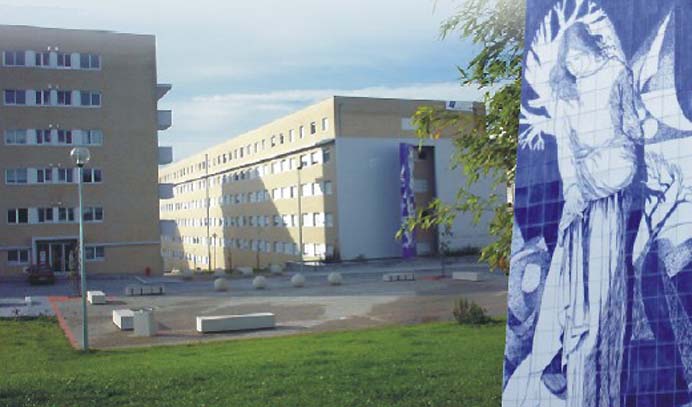
NORBICETA – União das cooperativas de Habitação, U.C.R.L. Project Ponte da Pedra in Matosinhos, Porto
Key National Legislation
Lei n.º 56/2023 (“Mais Habitação”)
-
Enacted on October 6, 2023, it formally recognizes housing cooperatives as eligible beneficiaries of public support
-
Enables access to tax incentives, public land (surface rights up to 90 years), and a €250 million financing line for affordable rental housing .
-
Introduces a “New Generation of Cooperatives”, with pilot projects delivering long-term affordable housing via public building reuse or new development (Source)
Cooperative Code – Law n.º 119/2015
Decreto-Lei n.º 502/99 (Reinforced 2024)
-
Specifies the legal regime for housing and construction cooperatives, governing the promotion, construction, acquisition, maintenance, and rehabilitation of housing.
-
Defines ownership models (individual vs. collective/co-living rights), governance, and member participation.
Additional Legislative Instruments
-
Surface Rights & Public Land Allocation:
A Portaria (n.º 69-A/2024 of Feb 23, 2024) implements public land transfers to cooperatives, outlining rules for long-term usage rights.
-
Municipal Support and Incentives:
Law n.º 83/2019 encourages municipalities to support co-ops through land provision, administrative facilitation, and targeted fiscal incentives for affordable housing.
Regulatory Highlights
-
Tax and Administrative Incentives
-
Legal Models for Housing
-
Pilot Program Framework
-
Lei 56/2023 allows experimental implementation of cooperatives in public property, including financing, rights cession, and co-production governance standards.
Institutional & Regulatory Oversight
-
IHRU (Instituto da Habitação e da Reabilitação Urbana)
Leads in regulating, funding, licensing, and managing public housing programs—including those involving cooperatives.
-
FENACHE
National federation plays a key role in shaping legal translations, advising cooperatives, managing certification, and advocating for updated legislation.
FENACHE: National Coordination and Innovation
FENACHE, founded in 1980, is the national representative of housing cooperatives in Portugal, currently grouping 32 affiliated co-ops. It defends the sector’s interests, provides legal and technical support, promotes training, and fosters intercooperation. Its members have decades of experience in both new construction and rehabilitation, often delivering housing at below-market costs.
FENACHE-affiliated co-ops also manage social rental schemes and support services in areas such as building maintenance, childcare, eldercare, and community programs. FENACHE holds seats on the National Housing Council and local housing councils in Lisbon, Setúbal, Braga, Guimarães, and Matosinhos. It is also a member of CONFECOOP, the national umbrella body for non-agricultural cooperatives.
Conclusion: The Role of Cooperative Housing in Portugal Today
Portugal is experiencing renewed momentum in cooperative housing, supported by:
-
New legislation that explicitly includes co‑ops in affordable housing strategy.
-
Municipal partnerships offering land and planning support.
-
Emerging grassroots networks fostering co‑op activation and innovation.
While still limited in scale, these steps mark a significant shift toward facilitating cooperative housing in Portugal, making it more viable, visible, and scalable.
Resources Tagged "Portugal"
L'habitat coopératif offre des logements abordables à long terme, gérés par les résidents, avec des avantages sociaux, économiques et environnementaux avérés. Malgré son impact mondial, ce secteur reste méconnu.Read More
Financing and Development Global Report
Explore public policies supporting cooperative housing worldwide in this comprehensive report. Discover how governments and cooperatives collaborate to create sustainable and affordable housing solutions globally.Read More
Research Global Research Paper
The Commission's final report on Cooperative and Mutual Housing (Bringing Democracy Home) highlighted the need for consideration of the role that cooperative and mutual housing could play in the national housing strategy. The Fina ...Read More
Financing and Development Global Report
Par cette publication, nous souhaitons ouvrir le débat sur le logement en tant que droit fondamental et enjeu métropolitain, en mettant en lumière l’expérience de grandes métropoles et dans l’espoir d’inspirer des idées nouvelles pour aborder cet enjeu absolument fondamental de l’urbanisation moderne.Read More
Advocacy Global
In 2000, United Nations (UN) member states recognised the need to build global partnerships for development and the exchange of expertise as one of the Millennium Development Goals. Across the international development field, part ...Read More
Financing and Development Global
New report: The Capital Conundrum for Co-operatives "The Capital Conundrum for Co-operatives", a new report released by the Alliance’s Blue Ribbon Commission explores ideas and options available to co-operatives that need suitab ...Read More
Financing and Development Global
Financing the development of housing co-operatives is a challenge and more so in time of financial restrictions and uncertainty. CHI members discussed the issue during a seminar held in November 2009 in Geneva. Presentations w ...Read More
Financing and Development Global
The Forest Products Annual Market Review 2013 reports that the development of new refinement processes has led to the production of new and more affordable wood based products such as cross-laminated timber (CLT). The report sta ...Read More
Sustainability Global
Updated Guidance Notes on the Co-operative Principles, edited by David Rodgers, former President of Co-operative Housing InternationalRead More
Governance Global
The ILO views cooperatives as important in improving the living and working conditions of women and men globally as well as making essential infrastructure and services available even in areas neglected by the state and investor-driven enterprises. Cooperatives have a proven record of creating and sustaining employment – they provide over 100 million jobs today; they advance the ILO’s Global Employment Agenda and contribute to promoting decent work.Read More
Legal Global
Cooperative housing offers long-term, affordable homes governed by residents, with proven social, economic, and environmental benefits. Despite its global impact, the sector remains under-recognized.Read More
Financing and Development Europe Report
Student housing cooperatives have become very popular in the USA and many of these housing co-operatives are members of organizations such as NASCO. Unlike a resident who acquires shares at market rates to earn the right to occupy ...Read More
Community Global
The Good Governance Charter for Housing Co-operatives was launched at the ICA Housing Plenary in Manchester in November 2012.It has three parts:A 10-point set of good governance practicesAn interpretive statement for each good p ...Read More
Governance Global
This second volume of Housing Co-operative Profiles focuses on African countries, showcasing the ingenuity and commitment of cooperators working under difficult conditions. It offers insights into the legal, financial, and historical contexts of housing co-ops, aiming to inspire broader adoption of the model as a solution to the global housing crisis.Read More
Community Global Report
The Blueprint for a Co-operative Decade is a worldwide campaign to “take the co-operative way of doing business to a new level”. The five key elements of the Blueprint are participation, sustainability, identity, legal frameworks and capital. The Blueprint is particularly relevant to co-operative housing and the Blueprint interpretation for co-operative housing below explains how.Read More
Governance Global
